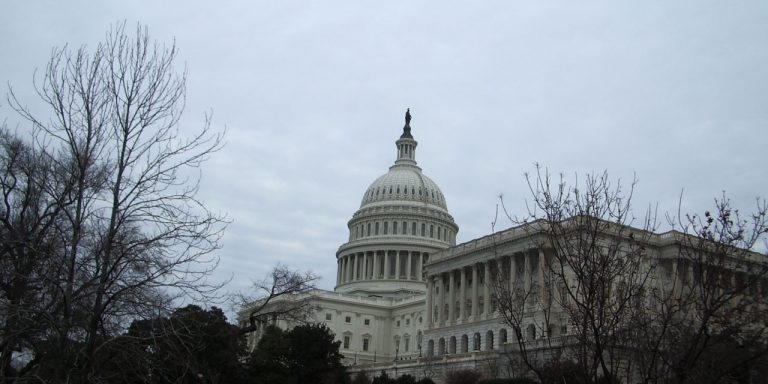INTELBRIEF
November 17, 2017
TSC IntelBrief: Hazardous Vacancies

• A drained State Department may no longer be capable of coordinating sustained U.S. diplomatic engagement in response to growing geopolitical challenges.
• Congress, led by the Senate Foreign Relations Committee, should take additional oversight steps in anticipation of the inevitable next major international crisis.
• As upheaval rocks the oil-rich Middle East, the United States lacks top-level representation in key countries.
• Understaffing in Washington exacerbates the risk of developments in the region that run contrary to U.S. national security interests.
Upheaval continues to rock the Middle East, and complex power dynamics are exacerbating conflicts between states across Asia. The Trump Administration expressly favors hard power solutions, having proposed deep cuts to diplomacy and foreign assistance to fund slight percentage increases to defense spending. But hard power works best in concert with soft power, and foreign countries need avenues to engage and negotiate with the United States other than through the White House and military-to-military channels. Widespread retirements and resignations are sapping the State Department, while key posts are not being filled. According to a recent report from the American Foreign Service Association (AFSA), a bi-partisan, non-political group, 60% of ambassadorships normally held by career officials are vacant. Even more alarming is the loss of career ministers, who tend to fill some of the 'big' ambassadorships and assistant secretary jobs, as well as attrition at lower ranks and what looks like the lowest rate of hiring and promotion since the mid-1990s. Meanwhile, talented American diplomats at all ranks are doing their best to avoid assignment to Washington, where leadership seems more focused on reorganizing and shrinking the agency than on carrying out its mission.
In the Middle East, Saudi Arabia’s 32-year old Crown Prince Mohammad bin Salman is consolidating power internally and pursuing a costly anti-Shi’a war in Yemen, while also pressuring Qatar and Lebanon. The United Arab Emirates (UAE) and Bahrain are squarely in the Saudi camp, and Egypt is generally supportive. Intended to counter Shia Iran, Sunni Saudi Arabia’s coercive actions could backfire. Also, a century after WWI ended, Turkey is expanding its regional influence, aligning with Iraq’s Shi’a-led government to constrain Kurdish aspirations for statehood. Jordan, Oman and Kuwait are trying to avoid entanglement. Meanwhile, Syria’s civil war drags on, the country’s vicious sectarian minority regime sustained by Russian and Iranian support, and Salafi-jihadism remains a robust threat to the U.S. homeland, despite the so-called Islamic State’s overwhelming losses.
In this region, not only home to so many complex conflicts, but also the source of 46% of global oil exports, the United States has no ambassador in Jordan, Turkey, Egypt, Qatar or Saudi Arabia. Nor does the U.S. have diplomatic relations with Iran, and its embassies in Yemen and Syria are shuttered. President Trump seems to operate with the belief that he can sway foreign leaders with the power of his personality rather than with hard-nosed diplomacy rooted in an understanding of respective national interests. However, without the eyes and ears on the ground provided by ambassadors and their experienced multi-agency staffs, the U.S. disadvantage deepens, and the risk of outcomes detrimental to U.S. national security rises. The Emirati ambassador has been in Washington three times longer than his American counterpart has been posted in Abu Dhabi, and she is the longest-serving current U.S. ambassador in the region. Saudi Arabia’s foreign minister is a former envoy to the United States, and Qatar’s man in Washington is on his fourth ambassadorial posting.
The paucity of American ambassadors in the region might be offset by a robust policy formulation and implementation capability in Washington. However, President Trump has yet to nominate an assistant secretary of state for near eastern affairs, and the undersecretary for political affairs has scant Near East experience. Meanwhile, Trump’s National Security Council staff is already on its second retired Army colonel as Middle East senior director.
Congress should review whether State remains capable of coordinating U.S. diplomatic engagement globally, especially under the pressure of an eventual major international crisis. The Senate Foreign Relations Committee can lead this oversight by insisting on substantive answers to probing questions before scheduling hearings for political nominees to ambassadorial positions.
For tailored research and analysis, please contact: info@thesoufancenter.org
.
.